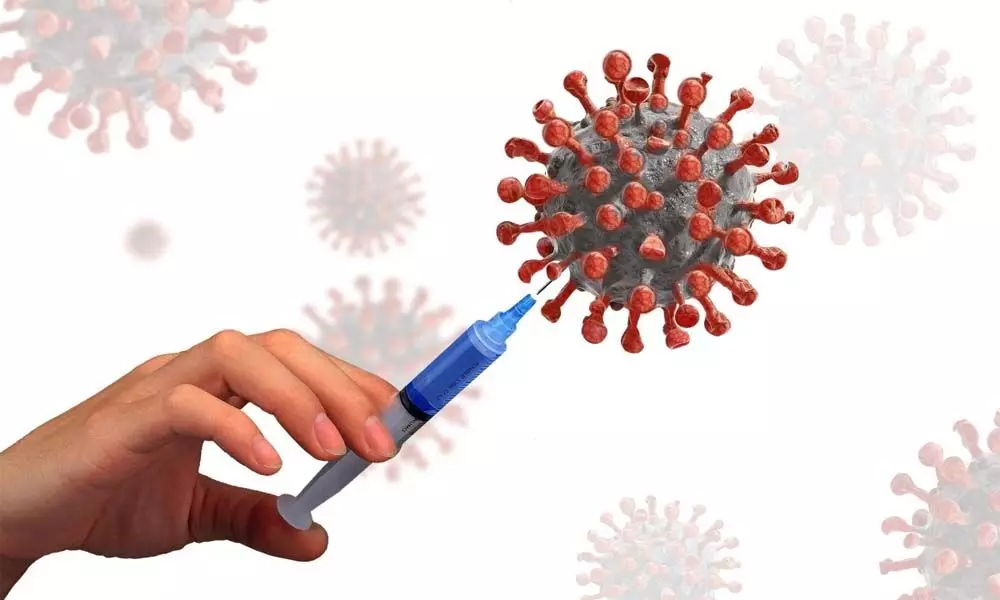Australian scientists develop new drugs to fight Covid-19

Scientists from QIMR Berghofer Medical Research Institute in Australia's Queensland have developed two new drugs to both prevent SARS-CoV-2, the virus behind Covid-19 infection, and also treat people who have been exposed to the virus so they do not develop severe disease.
Sydney : Scientists from QIMR Berghofer Medical Research Institute in Australia's Queensland have developed two new drugs to both prevent SARS-CoV-2, the virus behind Covid-19 infection, and also treat people who have been exposed to the virus so they do not develop severe disease.
The two early intervention drugs target how human cells respond to the SARS-CoV-2 virus, instead of the virus itself, according to the findings published in the journal Nature Cell Discovery.
The first peptide-based drug would be given pre-exposure to the virus and help boost the efficacy of vaccines, while the second drug would stop the spread of the virus in already infected cells.
Laboratory tests show the first peptide-based drug reduces infection by cloaking the ACE2 receptor protein on human cells. The SARS-CoV-2 spike protein uses the ACE2 receptor to bind to and invade cells. The virus then latches onto the cloaking peptides, which they mistake for human cells -- preventing infection.
The lab tests have also shown that if the virus finds its way into cells, the second peptide-drug can block how the virus hijacks the host cell and replicates. It also boosts the immune system's ability to recognise the virus.
Professor Sudha Rao, head of QIMR Berghofer's Gene Regulation and Translational Medicine Group, said they were able to develop the drugs after discovering that some people have a chemical tag which acts like a padlock on the ACE2 receptor.
"The tag can either keep the receptor locked or open -- controlling infection. This means people who have the 'padlock-like' tag on their ACE2 receptors will be less susceptible to SARS-CoV-2 and those without the tag are more vulnerable to infection," Rao said.
"Our drugs stop the tag from being removed and also protect the untagged ACE2 receptors from being infected."
The researchers also discovered that if the virus invaded the cells, it would unlock the tag from the inside -- allowing more efficient virus replication.
The drugs are also stable and can be stored at room temperature, which would make them easy to distribute.
The research was conducted on Covid-19 patient blood and human cells and the drugs are now being tested in hamsters at France's pre-clinical and clinical research facility, IDMIT, with promising early results showing they are not toxic and have few side effects.














